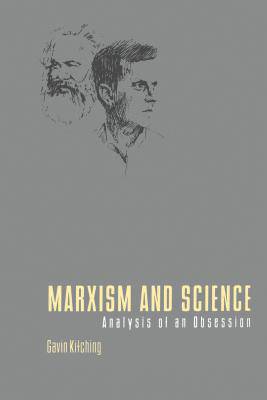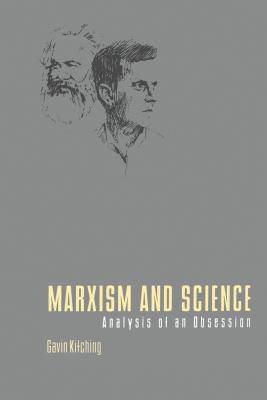
- Retrait gratuit dans votre magasin Club
- 7.000.000 titres dans notre catalogue
- Payer en toute sécurité
- Toujours un magasin près de chez vous
- Retrait gratuit dans votre magasin Club
- 7.000.0000 titres dans notre catalogue
- Payer en toute sécurité
- Toujours un magasin près de chez vous
Description
In 1980 Alvin Gouldner identified two traditions of Marxist thought--Marxism as science and Marxism as critique. This book is concerned with the first and by far the most politically influential of those traditions--Marxism as science. It analyzes the claim, first made by Marx and Engels themselves, that Marxism is some kind of "hard" natural science of society able to identify laws of social development and to provide a scientific guide to revolutionary activity.
Marxism and Science breaks new ground by using Wittgensteinian analysis of Marxist discourse to construct a totally different conception of Marxism appropriate to the postmodern world. In this conception, Marxism is a point of view that can be advanced, rationally defended, and made convincing and persuasive to others, but that is as partial in some respects as any other political point of view. Reconceiving Marxism thus requires not only understanding language in a different nonobjectivist way but also adopting a new political practice and program, which the book proceeds to outline.
Marxism and Science concludes that, intellectually, Marxism as hard science is fairly obviously and profoundly untenable. But it goes on to argue that the purely intellectual grounds for this claim are much less interesting than the political and psychological purposes that such a claim has always served for Marxists in particular and scientific socialists in general. The most important of these purposes has been to provide a sort of psychological and emotional certitude to set against the overwhelming existential domination of capitalism in the world. Claiming this certitude to be as spurious as the arguments used to sustain it, the author calls upon Marxists and socialists to admit this and accept the doubt and uncertainty that come with a frank avowal of an open and unforeclosed future.
Spécifications
Parties prenantes
- Auteur(s) :
- Editeur:
Contenu
- Nombre de pages :
- 272
- Langue:
- Anglais
Caractéristiques
- EAN:
- 9780271025803
- Date de parution :
- 15-09-94
- Format:
- Livre broché
- Format numérique:
- Trade paperback (VS)
- Dimensions :
- 152 mm x 229 mm
- Poids :
- 403 g

Les avis
Nous publions uniquement les avis qui respectent les conditions requises. Consultez nos conditions pour les avis.






